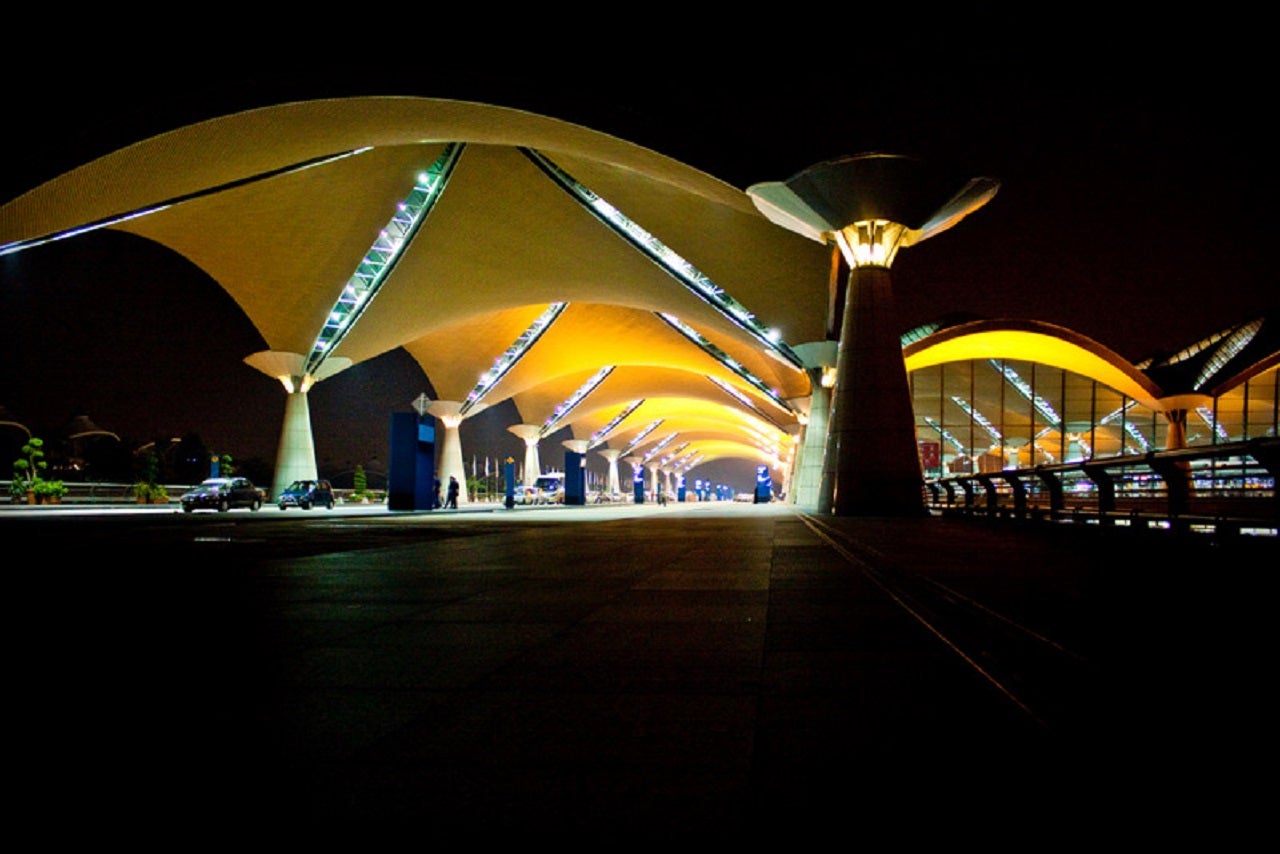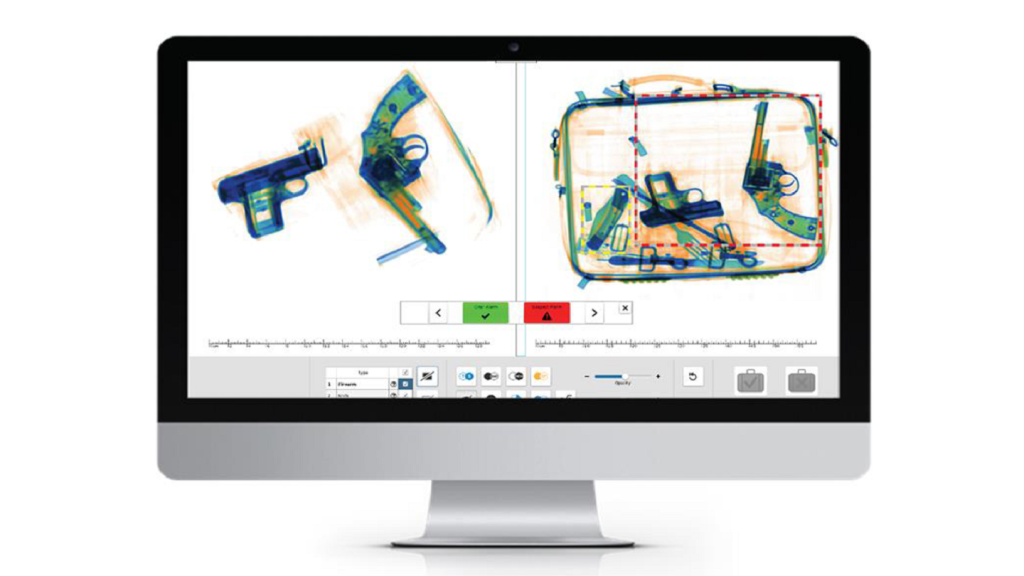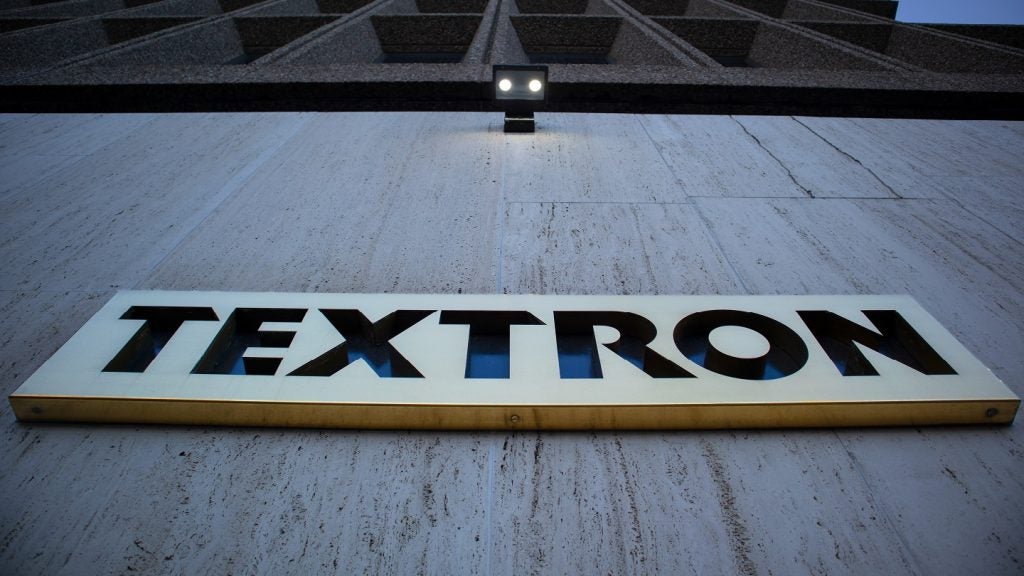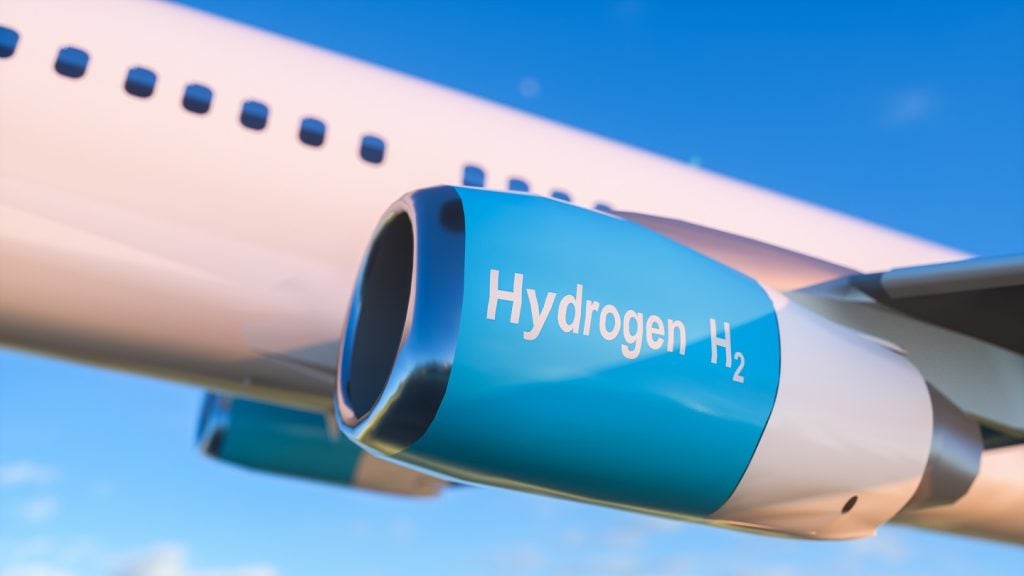
Malaysia Airports, in collaboration with Malaysia Airlines, has introduced a passenger reconciliation system (PRS) at Kuala Lumpur International Airport (KLIA) to speed up the security screening process and improve safety.
The new system has been installed at main airport touchpoints, with ten PRS units at Terminal 1 and 12 units at Terminal 2.
This initiative is part of the Airports 4.0 digitalisation plan to increase airline operational efficiency and airport security.
Malaysia Airports stated that Malaysia Airlines is the first carrier to use the system, starting this month.
PRS will enable safe physical distancing while ensuring minimal queues for travellers.
This new automated security screening system will scan and tally information on passenger travel documents to Malaysia Airlines’ passenger database in real time.
How well do you really know your competitors?
Access the most comprehensive Company Profiles on the market, powered by GlobalData. Save hours of research. Gain competitive edge.

Thank you!
Your download email will arrive shortly
Not ready to buy yet? Download a free sample
We are confident about the unique quality of our Company Profiles. However, we want you to make the most beneficial decision for your business, so we offer a free sample that you can download by submitting the below form
By GlobalDataThe real-time confirmation, along with the double-layer encrypted data for extra security, will identify fake travel documents efficiently.
The PRS will allow ground agents to quickly send an alert in case of a need to track passengers during the final boarding call.
Furthermore, any unclaimed baggage will be identified instantly and offloaded from the airplane to improve the aircraft’s turnaround time and strengthen security.
Malaysia Airports CEO Dato’ Mohd Shukrie Mohd Salleh said: “With the PRS in place, we are looking at speeding up, strengthening, and simplifying the security process for the benefit of all our stakeholders. Furthermore, all airports are now keeping up with the strictest practice of physical distancing and the new security process via the PRS plays a vital role in expediting the queue at the security checkpoints.
“The PRS is key to an elevated e-boarding experience as it will also allow us to implement the ‘open gate’ concept at selected boarding gates resulting in the creation of more space for passengers to sit and wait comfortably prior to boarding their flight. Malaysia Airlines being our first user will also benefit from the system in terms of operational efficiency by scoring better turnaround time.”
Malaysia Airlines Berhad group chief operations officer Ahmad Luqman Mohd Azmi said: “We understand that as passenger preferences and trend change, we must streamline and automate specific processes to ensure seamless travel for passengers and allow them to depart and arrive on time, especially during peak seasons.
“Last year, Malaysia Airlines piloted the facial recognition system by Malaysia Airports and SITA for faster boarding. We are excited to jointly transform the travel experiences together with Malaysia Airports once again this year to serve the new normal that complements our digitalisation efforts in reinventing the passenger experience.”






